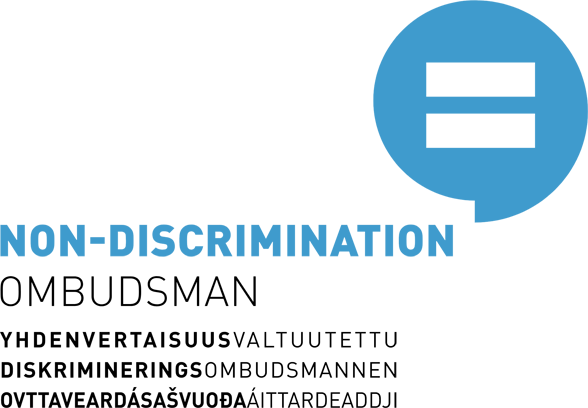From needing support to standing on one’s own legs – “then I have succeeded”
Every victim of human trafficking is different, and their needs are also different. Assisting victims is a slow and persistent process where repetition is used to forge trust and help the client slowly regain their independence. People often think that therapy alone is enough to help victims recover from tough experiences, but, in addition to this, everyday support and standing alongside the client is an important part of the recovery process.
In Vantaa, the assistance for victims of human trafficking is provided by the city’s immigration services. The everyday part of the process is managed by each client’s personal social worker, who assesses and plans the client’s needs and coordinates their service network. In addition to social guidance, the work is carried out by a psychologist and a personal health team whose responsibility is to carry out health checks, health surveys and guide the client to further treatments. These networks are often extensive, and the responsible social worker is responsible for building a comprehensive set of support and services for each client, and they must also monitor their implementation and effectiveness.
When building services, we always need to keep in mind that the needs of each client can vary widely. A person who has been the victim of human trafficking years ago in another country may tell only a little about their experiences to a social worker. They may have decided that they have come to Finland to start a new life, which can make them reluctant to rehash any old issues. Those who have been subjected to human trafficking in Finland often need more acute psychosocial support. Sometimes a physician may even consider it necessary to direct the victim to the Center for Psychotraumatology, i.e. the former Centre for Torture Survivors in Finland.
A victim who has been subjected to serious mental trauma may take years to recover. Psychosocial support and therapy are helpful, but routines are also important. Many everyday issues, such as financial matters and housing, are a vital part of the work that is done with victims of human trafficking. The client should not have to fight for their apartment and benefits, for example. Especially at the beginning of the process, the need for assistance is extensive – the client may even need help to shop at a grocery store. The more support that is available to a victim of human trafficking at the beginning, the faster the recovery process can begin.
For many victims of human trafficking, their personal social worker is a key part of their lives. The client may not have anyone else to confide in. Clients can contact their personal social workers daily via Whatsapp, for example, to ask for meeting times or about income support decisions. Regular meetings and knowing one’s client is important, especially since the client may be subjected to the same exploitation scenarios again. Social workers should be aware of, for example, their client’s employment situation or whether they are in Finland or abroad.
Each person is different, and the different aspects of their lives will emerge over the course of their recovery. Over the years, I have come to understand the different factors that comprise the help that we provide. Helping someone is not one single great achievement, but a slow and long-lasting process – small, everyday acts that, over a period of time, will help a victim of human trafficking live a more independent life without the need for continuous assistance.



